 Imagine moving into your new apartment, only to find it’s more like a horror movie set than a cozy home. Mold creeping up the walls, evidence of unwanted rodent roommates… it’s enough to make anyone sick. But does that automatically mean your landlord is liable? A recent court case dives deep into this messy situation, highlighting the legal hurdles tenants face when seeking damages for a less-than-habitable dwelling.
Imagine moving into your new apartment, only to find it’s more like a horror movie set than a cozy home. Mold creeping up the walls, evidence of unwanted rodent roommates… it’s enough to make anyone sick. But does that automatically mean your landlord is liable? A recent court case dives deep into this messy situation, highlighting the legal hurdles tenants face when seeking damages for a less-than-habitable dwelling.
Dewayne Montgomery, our tenant-turned-plaintiff, found himself in this exact predicament. He sued his landlord, Garry Lewis, claiming the apartment was riddled with mold and rat droppings, causing him various health issues. Montgomery alleged negligence, breach of contract, and even emotional distress as a result of his claimed paltry living conditions.
Lewis denied responsibility, arguing Montgomery couldn’t prove the mold caused his health problems or that Lewis knew about any pre-existing issues.
 Louisiana Personal Injury Lawyer Blog
Louisiana Personal Injury Lawyer Blog


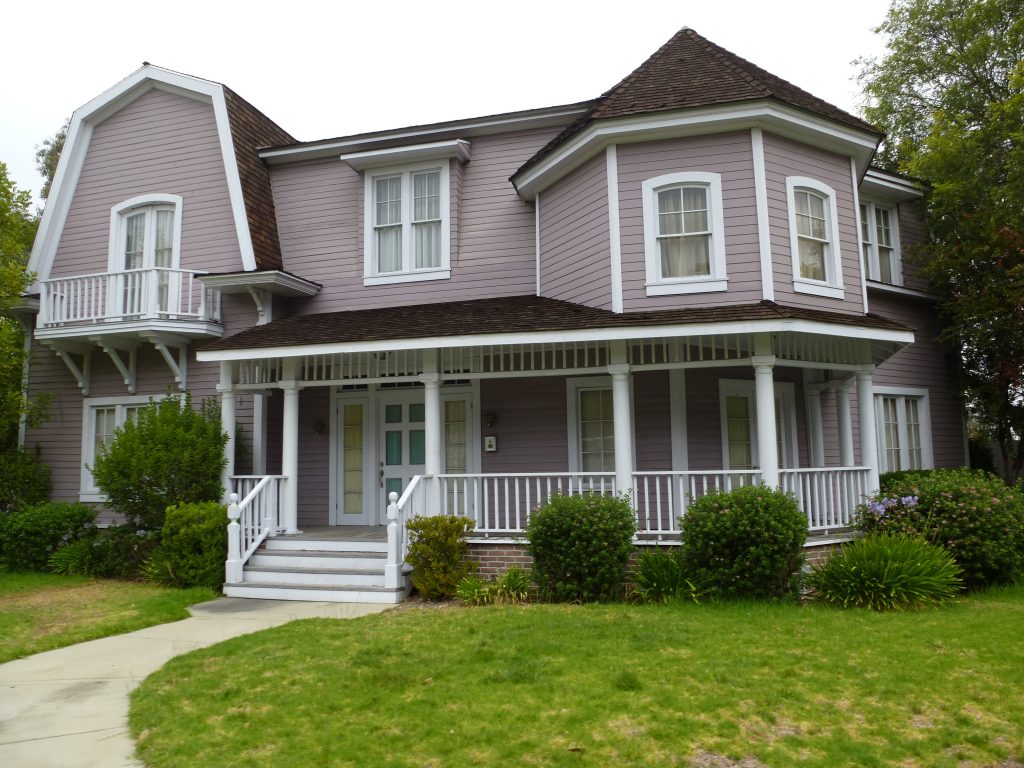 Buying and selling real estate can be stressful because of the emotions and large sums of money involved. In order to have certainty in transactions involving real estate, Louisiana law has strict requirements of what is required to form a valid contract, including signatures from both the buyer and seller. What happens if a would-be buyer unilaterally signs a contract and claims they own your property?
Buying and selling real estate can be stressful because of the emotions and large sums of money involved. In order to have certainty in transactions involving real estate, Louisiana law has strict requirements of what is required to form a valid contract, including signatures from both the buyer and seller. What happens if a would-be buyer unilaterally signs a contract and claims they own your property?  Sometimes, commonplace items such as stairs can lead to serious injuries. This case involves the unfortunate situation of a woman who fell down stairs and was injured. Under what circumstances can a building owner be held responsible for injuries from falling down the stairs?
Sometimes, commonplace items such as stairs can lead to serious injuries. This case involves the unfortunate situation of a woman who fell down stairs and was injured. Under what circumstances can a building owner be held responsible for injuries from falling down the stairs? 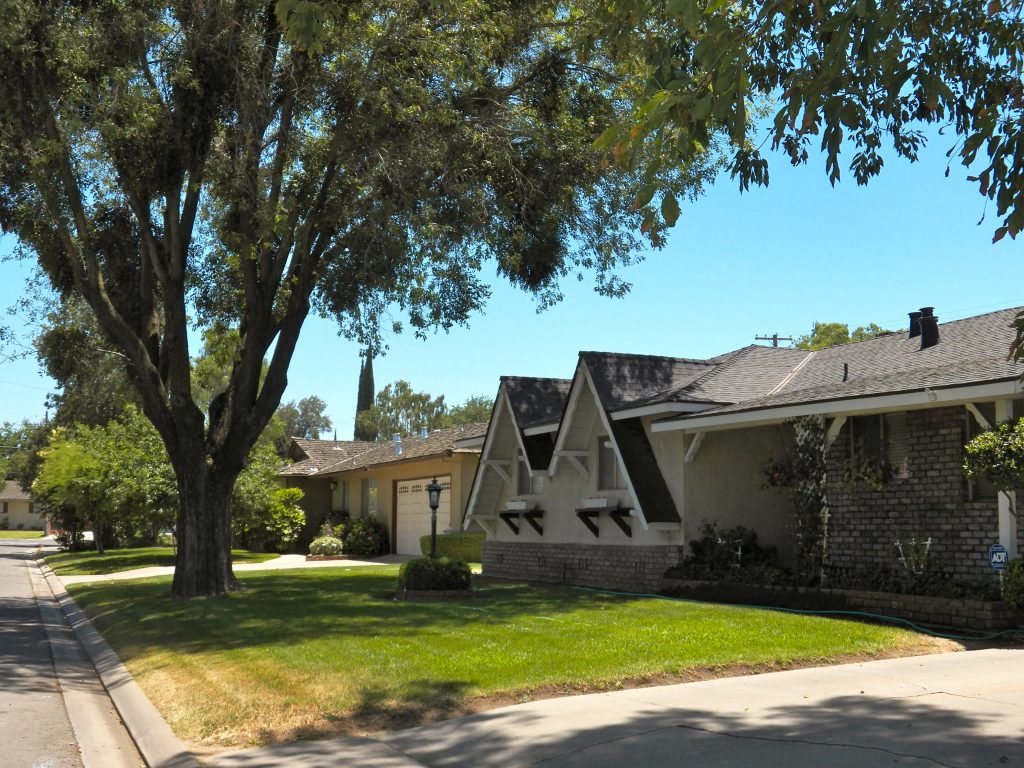 Under the Louisiana Recreational Use Immunity Statues, owners and operators of property used for recreational purposes are immune for liability for tortious acts. Does this immunity apply when a child is injured playing in a gated residential community?
Under the Louisiana Recreational Use Immunity Statues, owners and operators of property used for recreational purposes are immune for liability for tortious acts. Does this immunity apply when a child is injured playing in a gated residential community? 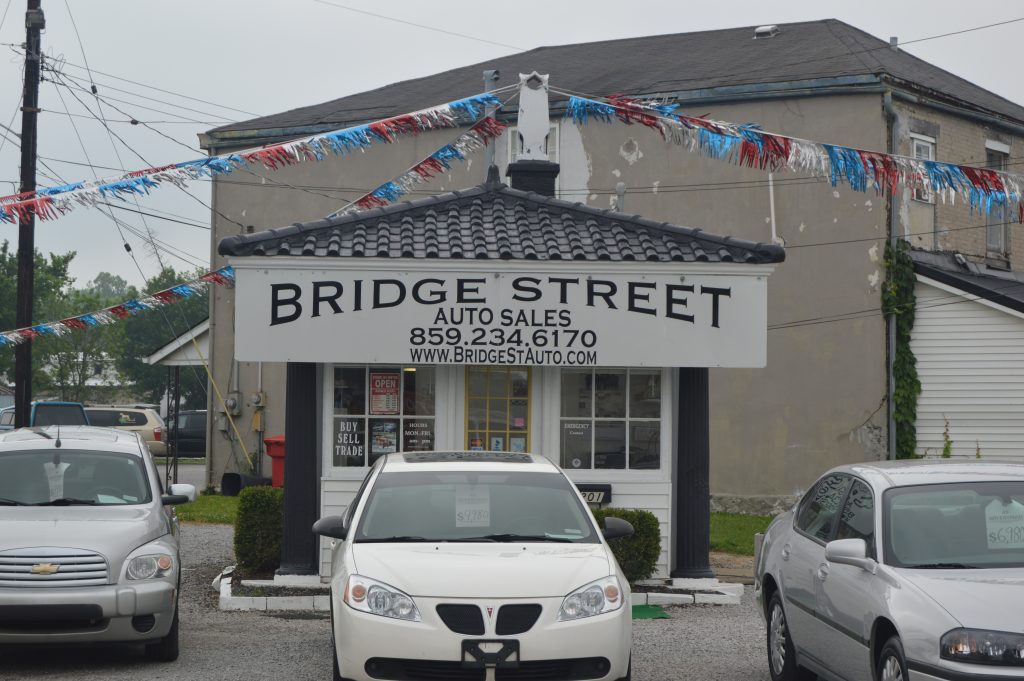 If you slip and fall at a car dealership because of wet floors, you might think you have a slam dunk case. However, if the condition that caused your fall might be considered open and obvious, you could face an uphill battle.
If you slip and fall at a car dealership because of wet floors, you might think you have a slam dunk case. However, if the condition that caused your fall might be considered open and obvious, you could face an uphill battle. 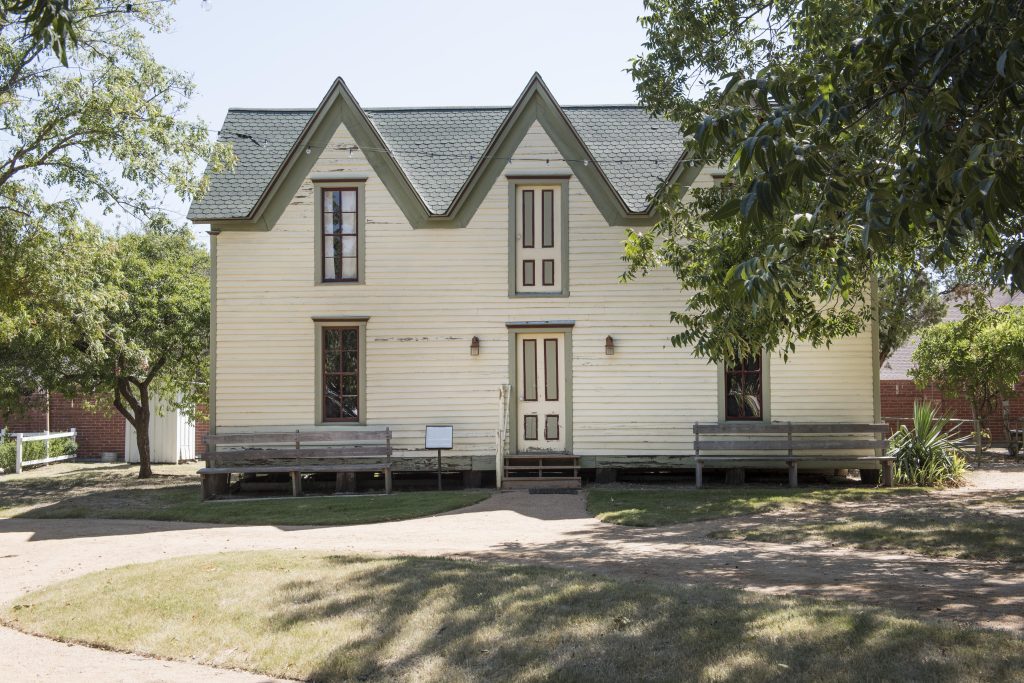 Owning property is not easy, especially when you have to share ownership with multiple individuals. Co-ownership can present challenging issues, especially when one owner wants to make renovations or sell the property. This case examines a dispute among family members involving property in the Parish of St. Bernard in Louisiana.
Owning property is not easy, especially when you have to share ownership with multiple individuals. Co-ownership can present challenging issues, especially when one owner wants to make renovations or sell the property. This case examines a dispute among family members involving property in the Parish of St. Bernard in Louisiana. 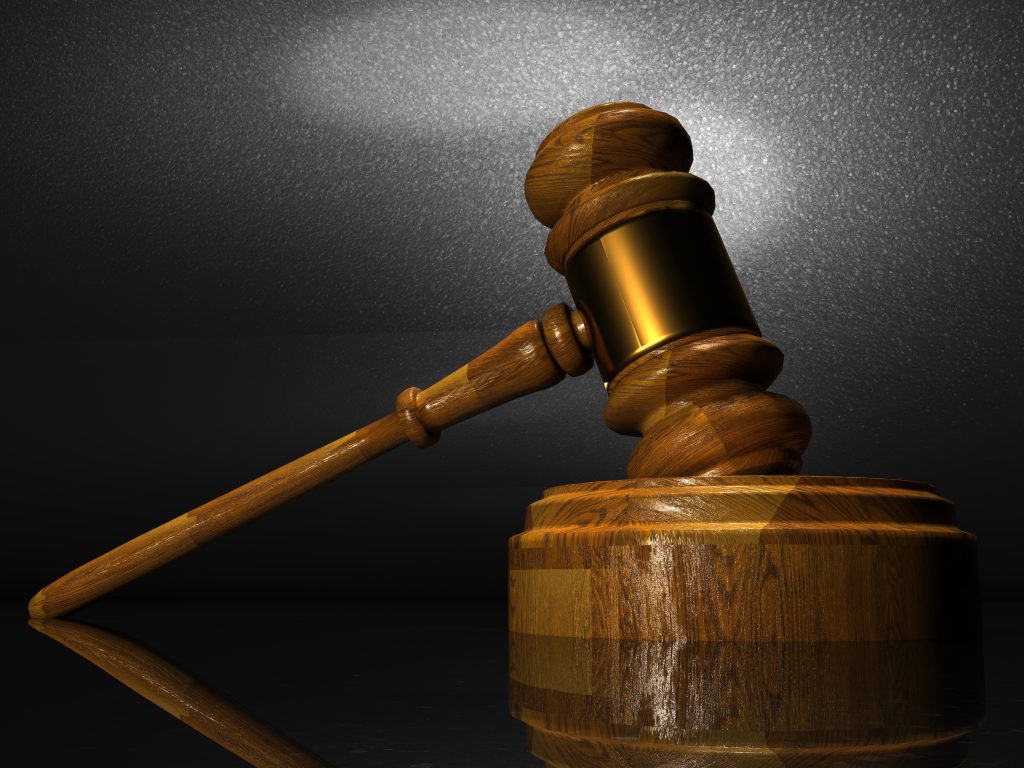 The legal landscape can be full of unexpected twists and turns, and one such situation arose in this perplexing lawsuit. Erika Mann’s post-Hurricane Katrina home-raising project became a legal battle when she filed a lawsuit against Tim Clark Construction LLC and their insurer, Evanston Insurance Company. As the trial court issued a judgment that seemingly favored both parties, questions arose about the validity and coherence of the ruling. Join us as we delve into the intricacies of this case and explore how an inconsistent judgment navigated its way through the appeals process.
The legal landscape can be full of unexpected twists and turns, and one such situation arose in this perplexing lawsuit. Erika Mann’s post-Hurricane Katrina home-raising project became a legal battle when she filed a lawsuit against Tim Clark Construction LLC and their insurer, Evanston Insurance Company. As the trial court issued a judgment that seemingly favored both parties, questions arose about the validity and coherence of the ruling. Join us as we delve into the intricacies of this case and explore how an inconsistent judgment navigated its way through the appeals process.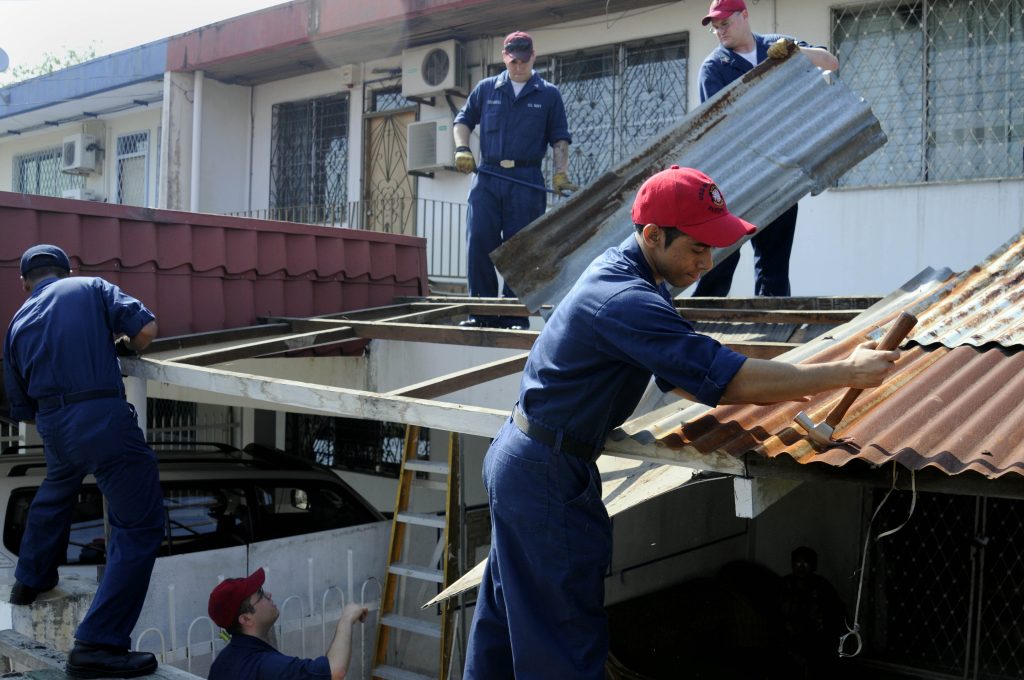 When renting an apartment, tenants expect a safe and secure living environment. However, what happens when an accident occurs due to negligence by the apartment owner and management company? If a leaky roof in your apartment injures you, can you make a claim for your injuries? The following lawsuit answers that question.
When renting an apartment, tenants expect a safe and secure living environment. However, what happens when an accident occurs due to negligence by the apartment owner and management company? If a leaky roof in your apartment injures you, can you make a claim for your injuries? The following lawsuit answers that question.  Can a trial court’s approval of a settlement agreement in a property contamination lawsuit be upheld without determining remediation requirements and the deposit of funds into the court registry? This question lies at the heart of the following case, which features an appeal of the trial court’s judgment approving a settlement agreement regarding property contamination caused by historic oil and gas operations. The appeal raises issues of statutory interpretation and whether the trial court erred in its application of the law. The resolution of this question has significant implications for the approval process of settlement agreements in similar cases governed by
Can a trial court’s approval of a settlement agreement in a property contamination lawsuit be upheld without determining remediation requirements and the deposit of funds into the court registry? This question lies at the heart of the following case, which features an appeal of the trial court’s judgment approving a settlement agreement regarding property contamination caused by historic oil and gas operations. The appeal raises issues of statutory interpretation and whether the trial court erred in its application of the law. The resolution of this question has significant implications for the approval process of settlement agreements in similar cases governed by 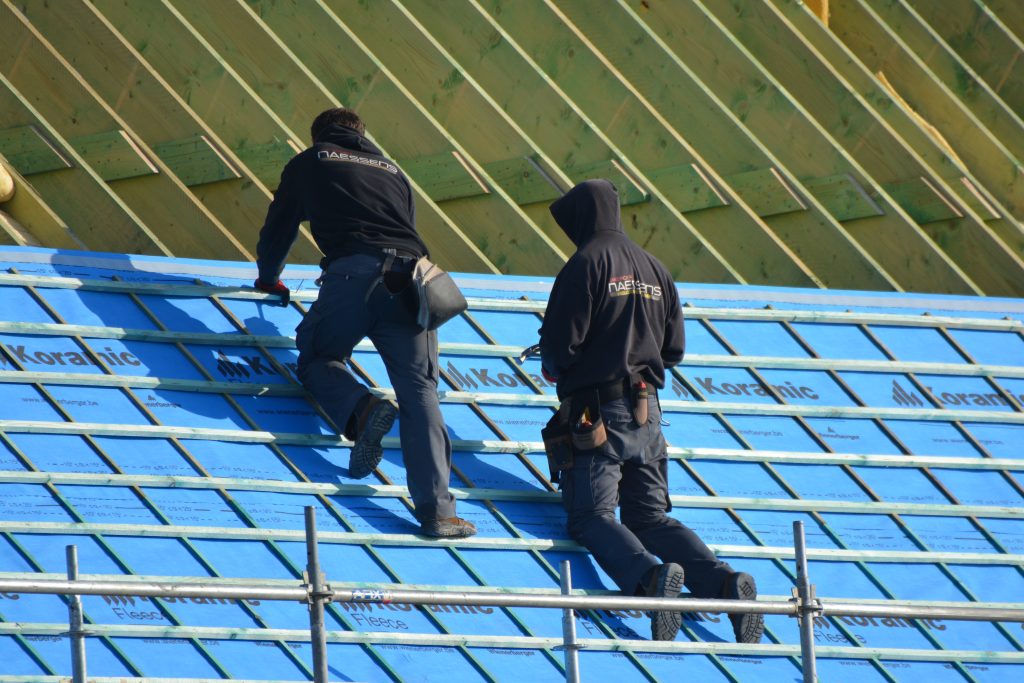 When accidents occur on a construction site, questions of liability and responsibility arise, leaving property owners wondering about their potential legal obligations. In a compelling lawsuit from Alexandria, Louisiana, the issue of whether a homeowner can be held liable for injuries sustained by a roofer while working on their property takes center stage. The case of Robert Schram v. Ronnie Waters provides valuable insights into this perplexing matter, shedding light on the factors determining a homeowner’s liability when a roofer falls from their roof.
When accidents occur on a construction site, questions of liability and responsibility arise, leaving property owners wondering about their potential legal obligations. In a compelling lawsuit from Alexandria, Louisiana, the issue of whether a homeowner can be held liable for injuries sustained by a roofer while working on their property takes center stage. The case of Robert Schram v. Ronnie Waters provides valuable insights into this perplexing matter, shedding light on the factors determining a homeowner’s liability when a roofer falls from their roof.